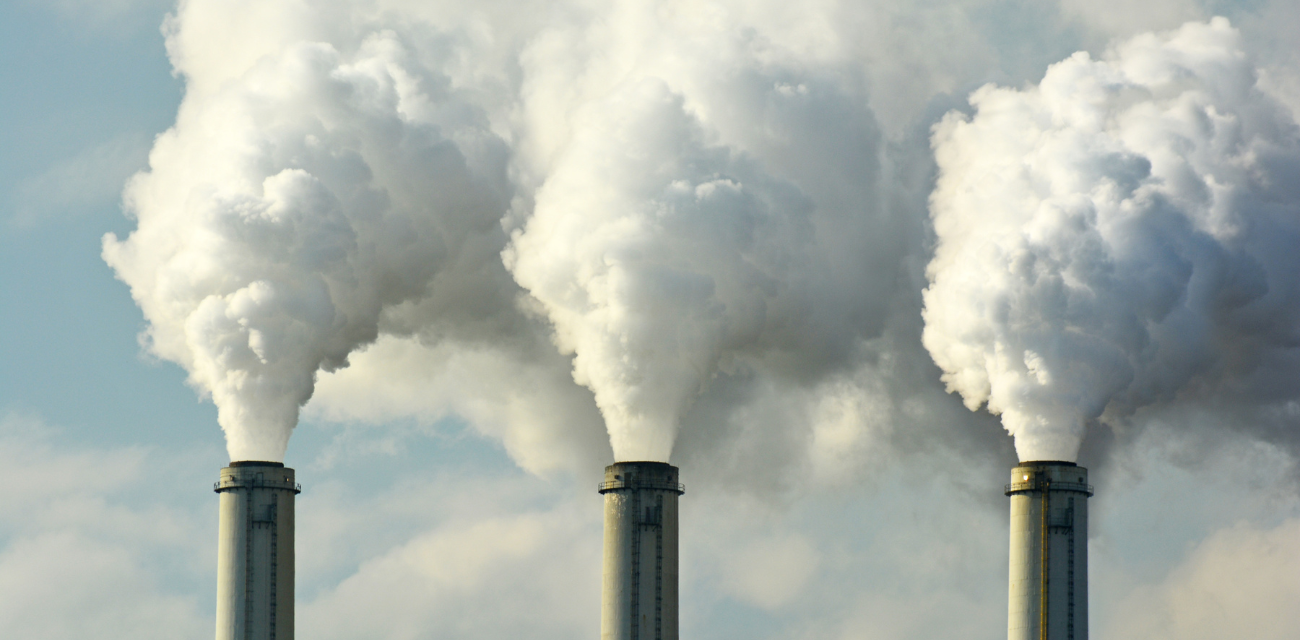Detroit incinerator closes, bringing healthy air, opportunity

Today, it was announced that the Detroit Renewable Power trash incinerator will be shut down. The incinerator has long been a terrible source of pollution for the City of Detroit and emits toxins like nitrogen oxides, sulfur dioxide, carbon monoxide and lead as well as foul odors. Zero Waste Detroit and Michigan Environmental Council have released the following statement in support of this decision.
“The closing of Detroit Renewable Power, the incinerator in the midst of Detroit and where the vast majority of Detroit’s solid waste is incinerated, presents an urgency and opportunity,” said Zero Waste Detroit convener Margaret Weber. “Detroit Renewable Power’s incinerator has been a scourge on Detroit, a source of noxious odors during the warm ‘smelly season,’ and air emissions beyond its permitted levels. It’s closing is a blessing. But now what happens to our waste? Zero Waste Detroit, a coalition of over 20 environmental justice, environmental and community organizations, has been urging Detroit to build an infrastructure for waste reduction and recycling, designed for success and building the local and circular economy. This event tells us that the time is now for intensive planning. Zero Waste Detroit commits to continued work with the City to divert waste from disposal and help residents fully engage for a cleaner, healthier City.”
“It is no mystery why Detroiters are hospitalized for asthma at a rate more than three times greater than Michigan as a whole,” said community engagement director Sandra Turner-Handy. “For too long, the residents of Detroit have been breathing in toxic and polluted air, and the incinerator has contributed to this in a substantial way. Detroit residents have been complaining about this for years, and while we are glad that this terrible emitter will soon be closed, more needs to be done to make sure Detroit is a safe and beautiful place to live.”
“This incinerator was built in 1986, and we still know now what we knew then: that disposal by burning is not the best option for material that still has value,” said Deputy policy director Sean Hammond. “Closing down this dirty and dangerous incinerator gives the City of Detroit the opportunity to expand recycling and composting initiatives which are a benefit to the environment and local economies.”
Discover
Power environmental change today.
Your gift to the Michigan Environmental Council is a powerful investment in the air we breathe, our water and the places we love.
Sign up for environmental news & stories.
"*" indicates required fields




